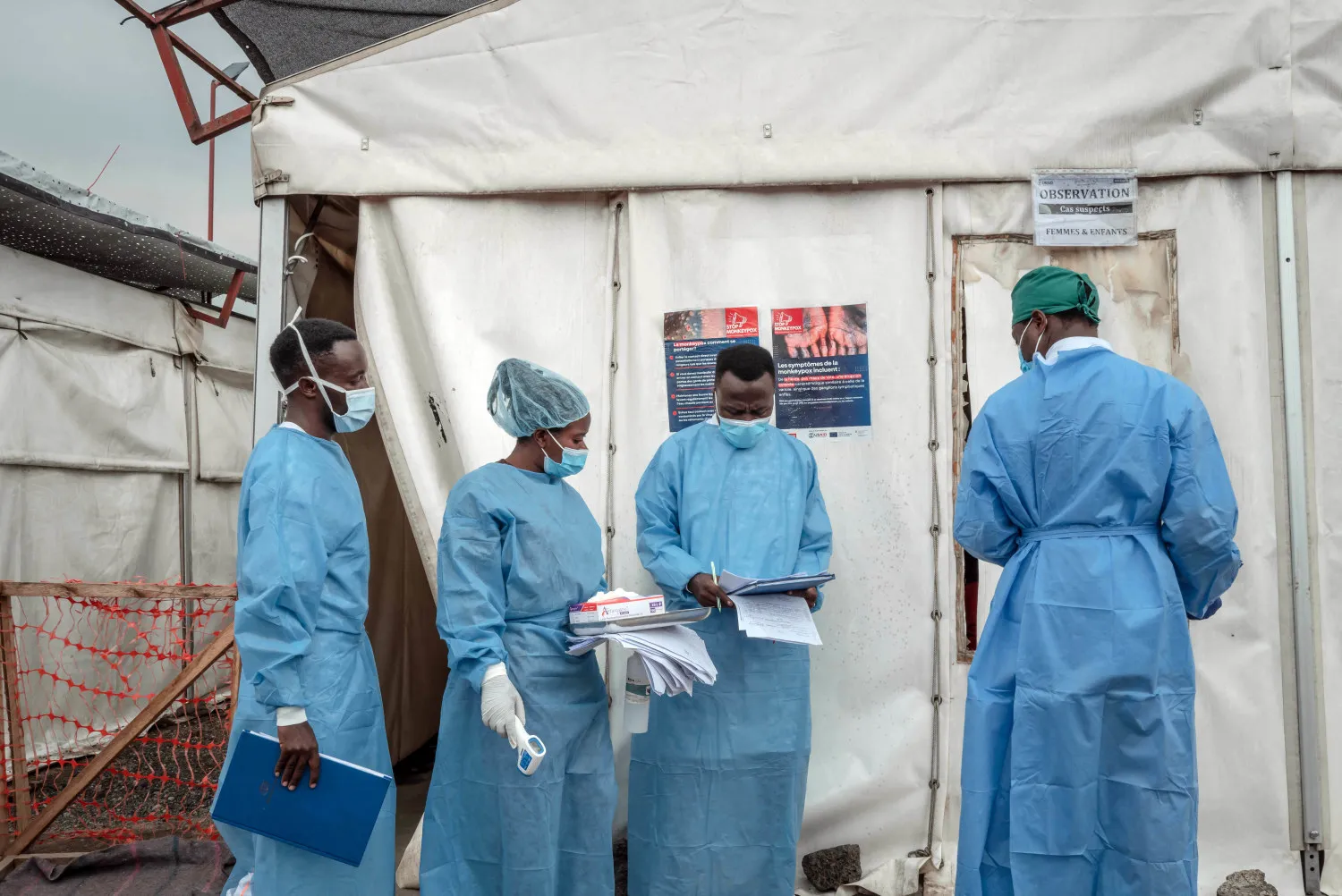Mpox Outbreak Sparks Global Health Emergency Concerns

Understanding the Mpox Outbreak
Mpox outbreak is caused by the mpox virus, related to smallpox, and has emerged due to rising cases in the Democratic Republic of Congo (DRC) and surrounding regions. The World Health Organization (WHO) declared it a public health emergency of international concern (PHEIC) on August 14, a serious designation aimed at addressing the evolving crisis.
Why the Emergency Declaration?
The DRC has experienced a significant rise in mpox cases, particularly of the newly identified clade Ib. This variant has spread to numerous neighboring countries, raising alarms across the globe.
- Clade I mpox notorious for higher mortality rates.
- Clade II mpox is generally milder but more transmissible.
- Recent spikes in cases detected in Burundi, Kenya, Rwanda, and Uganda.
Current Status of Mpox Spread
As of now, the outbreak has extended beyond 13 African nations, with the DRC serving as the epicenter. Numerous new cases are emerging, heightening concern among health officials.
- Countries reporting mpox cases include:
- Philippines, where a new infection has been confirmed.
- Pakistan, documenting a case of clade II mpox.
Experts assert that while the outbreak is troubling, ongoing surveillance and coordinated responses are crucial to managing and preventing further spread.
This article was prepared using information from open sources in accordance with the principles of Ethical Policy. The editorial team is not responsible for absolute accuracy, as it relies on data from the sources referenced.